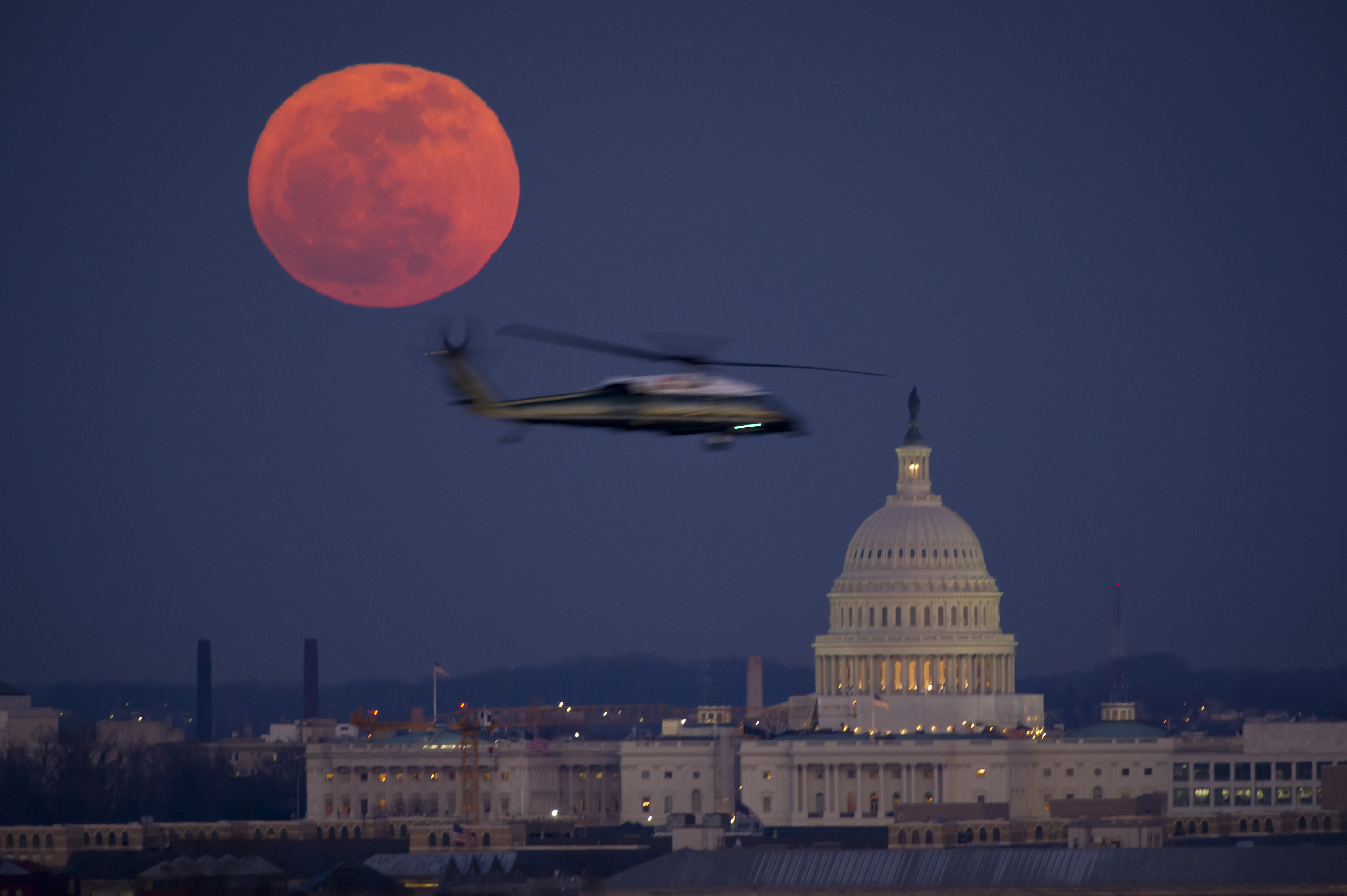
The Senate voted 81 to 13 to override President Donald Trump’s veto of the Fiscal Year 2021 National Defense Authorization Act in a rare New Year’s Day session.
“Today, the Senate sent a strong message of support to our troops by voting to make the Fiscal Year 2021 National Defense Authorization Act law,” Senate Armed Services Committee chairman Sen. Jim Inhofe (R-Okla.) said in a Friday statement. “I’m glad the Senate voted once again, by a wide bipartisan margin, for this bill — the most important bill we do each and every year, for 60 years in a row.”
The House voted to override the veto 322 to 87 on Monday.
“After a year’s worth of difficult work and thorough negotiations, the legislature has once again fulfilled our constitutional obligation to provide for the common defense. The NDAA’s broad and deep support is a testament to the merits of this year’s bill and underscores the seriousness with which the Congress takes our commitment to our services members, their families, and our national security,” House Armed Services Committee chair Rep. Adam Smith (D-Wash.) said in a Friday statement.
Trump said his veto was due to the bill not including language to repeal Section 230 — a law that provides liability protection for social media companies like Facebook and Twitter from being sued for the content their users post.
“Section 230 facilitates the spread of foreign disinformation online, which is a serious threat to our national security and election integrity. It must be repealed,” Trump wrote in a letter to Congress on the veto of the bill.
Trump also objected to language that would start the process of renaming military bases named for Confederate leaders and restrict his ability to draw down forward-deployed troops in places like Germany and Korea.
The override marks the first time Congress has overturned a Trump administration veto.
For the Navy, the bill authorizes two Virginia-class attack submarines, two Arleigh Burke-class destroyers, one Columbia-class ballistic-missile submarine, one Expeditionary Fast Transport (EPF) vessel, one Constellation-class frigate and two T-ATS towing and salvage ships.
The bill also includes oversight for the Large Unmanned Surface Vehicle program and requirements for land-based test sites for new naval systems.
“We’re starting the New Year with a big win for our U.S. Navy and for eastern Connecticut—the President’s attempt to veto the bipartisan NDAA has officially been voted down, and construction of the crucial second Virginia-class submarine has once and for all been restored in 2021,” said House Armed Services seapower and projection forces subcommittee chairman Rep. Joe Courtney (D-Conn.).





